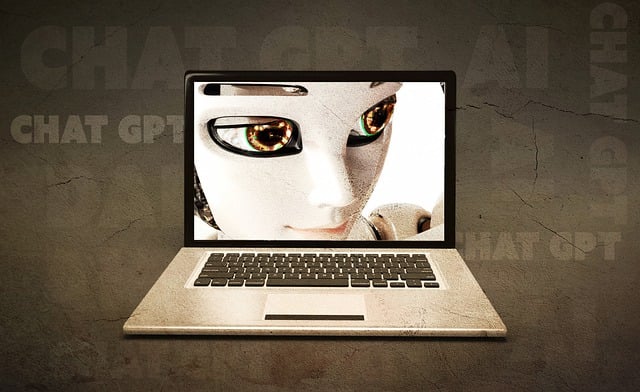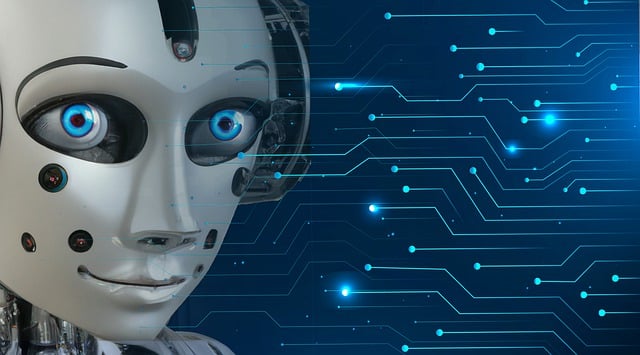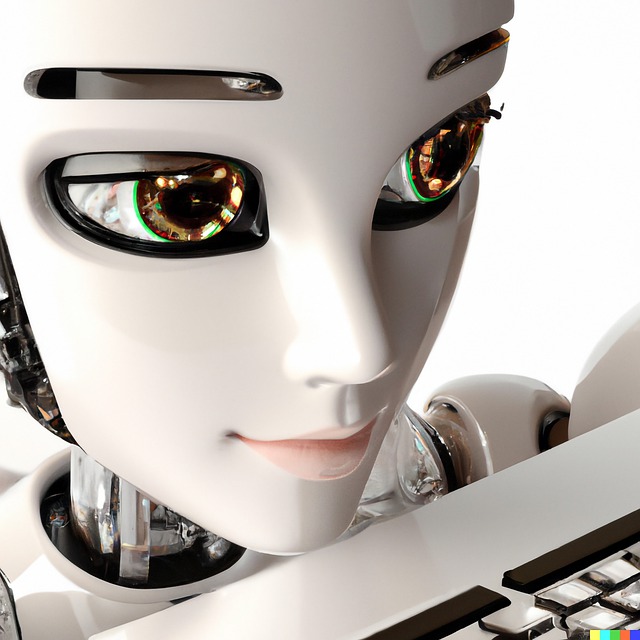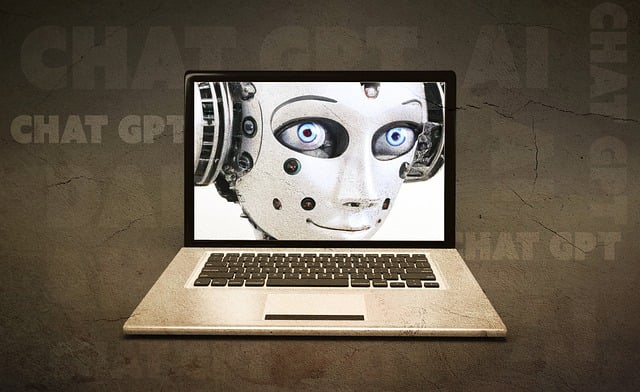Section 1: The Evolution of Writing and the Emergence of AI
Writing has been an integral part of human communication and expression for centuries. From ancient cave paintings to the modern-day novels, writing has evolved and adapted to the changing times. However, with the rapid advancements in technology, the art of writing is also undergoing a transformation. Artificial Intelligence (AI) has emerged as a powerful tool that is revolutionizing the way we write and create content.
AI, often referred to as the “fourth industrial revolution,” is the simulation of human intelligence processes by machines. It involves the use of computer algorithms to analyze data, recognize patterns, and make decisions. While AI has been predominantly used in industries such as healthcare, finance, and transportation, its potential in the creative field is now being recognized.
Section 2: Redefining Creativity with AI
One of the most significant barriers to creativity is the fear of a creative block. Many writers struggle with finding new ideas and inspiration, leading to a decline in their productivity. However, with AI, this barrier can be overcome. AI-powered tools can generate ideas, prompts, and even complete sentences, providing writers with a constant stream of inspiration.
Moreover, AI can also assist in the writing process itself. With natural language processing (NLP) algorithms, AI can analyze and understand human language, making it possible to generate coherent and grammatically correct sentences. This technology has been used to create entire articles, news reports, and even novels, with minimal human intervention.
Another aspect of creativity that AI is redefining is personalization. With the vast amount of data available, AI can analyze a writer’s style, tone, and preferences and tailor suggestions accordingly. This allows writers to maintain their unique voice while still receiving valuable input from AI.
Section 3: The Impact of AI on the Writing Industry
The impact of AI on the writing industry is undeniable. It has not only made the writing process more efficient but has also opened up new avenues for writers. AI-powered content creation platforms, such as Articoolo and Wordsmith, are gaining popularity among businesses and content creators. These platforms use AI to generate high-quality content for websites, social media, and marketing campaigns, reducing the time and effort required for content creation.
Moreover, AI is also transforming the publishing industry. With the help of AI algorithms, publishers can analyze market trends and predict the success of a book before it is even written. This has opened up opportunities for writers to get their work published and reach a wider audience.
However, the role of AI in writing has also raised concerns about the future of human writers. Will AI eventually replace human writers altogether? The answer is no. While AI can assist in the writing process, it lacks the emotional intelligence and creativity of human writers. The art of storytelling, the ability to evoke emotions, and the power to connect with readers on a deeper level are skills that only humans possess.
Final Thoughts
In conclusion, AI is redefining creativity in the writing industry. It has broken barriers, transformed the writing process, and opened up new opportunities for writers. However, it is essential to remember that AI is a tool, and it cannot replace the human touch in writing. The future of writing lies in a collaboration between human writers and AI technology. With the right balance, AI can enhance our creativity and take the art of writing to new heights. The future is now, and it is up to us to harness the power of AI for creative writing.











